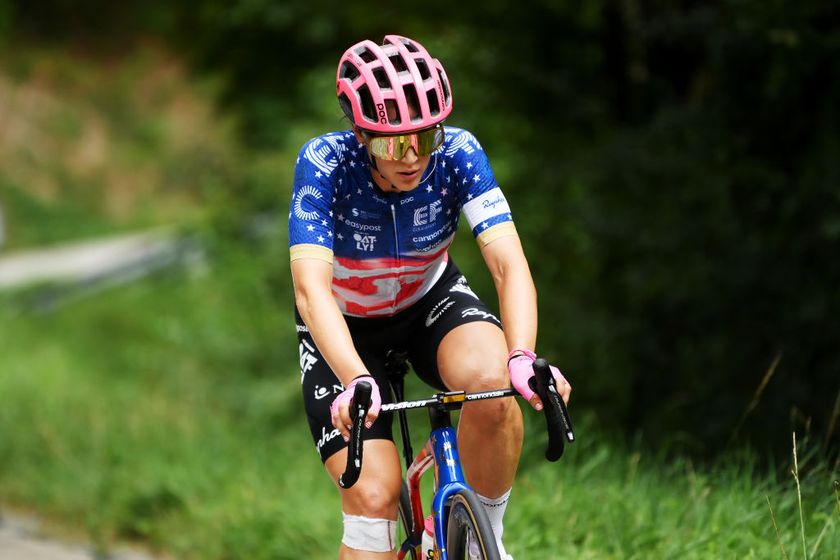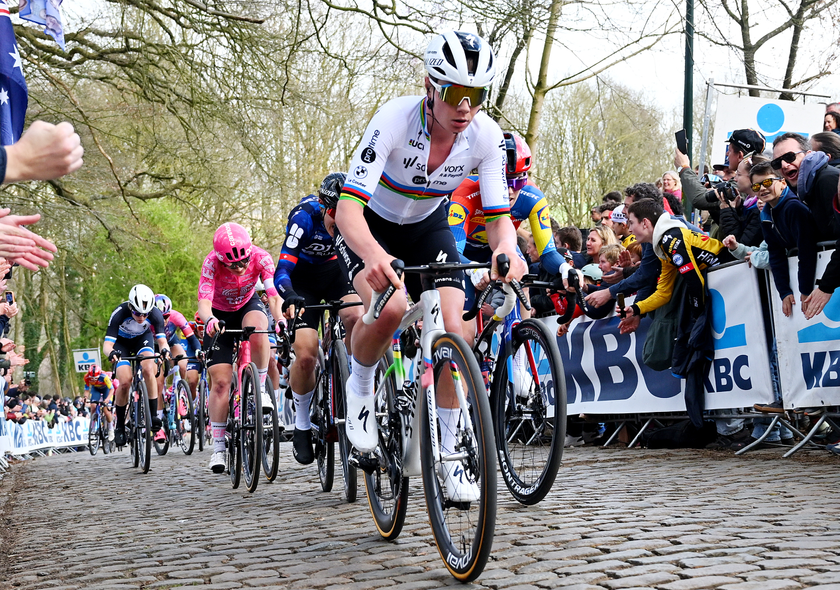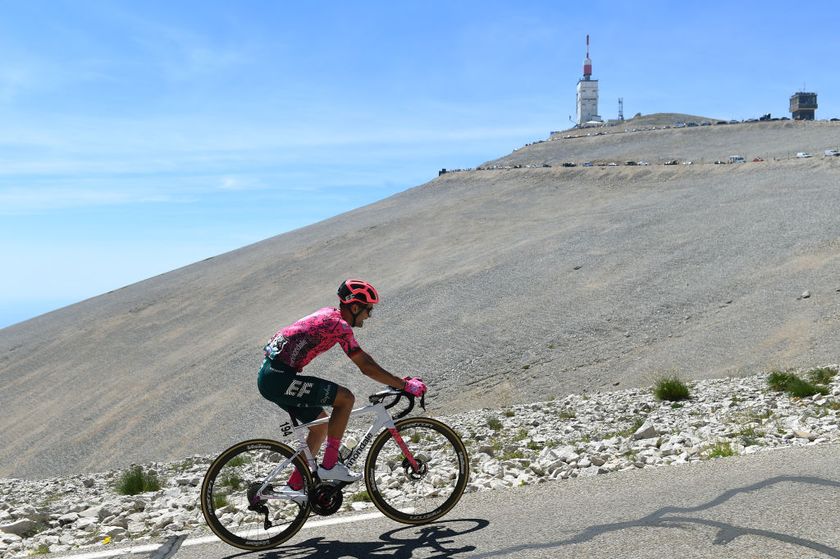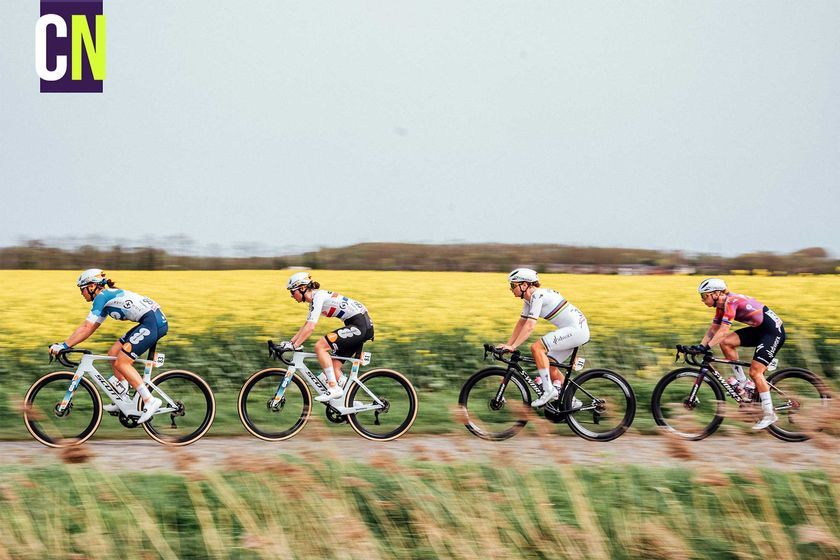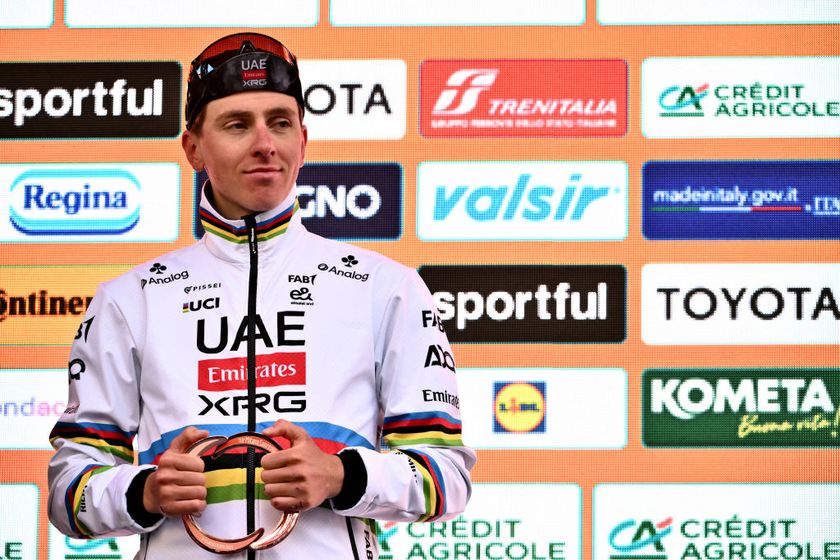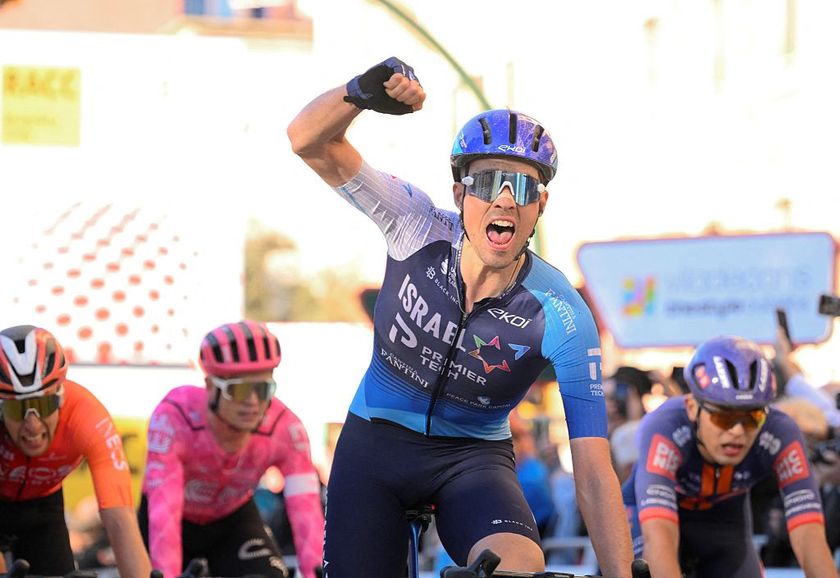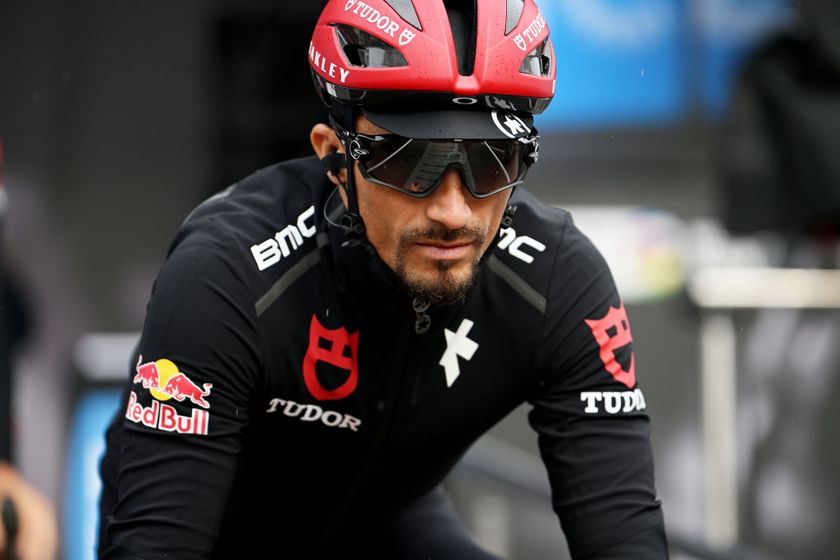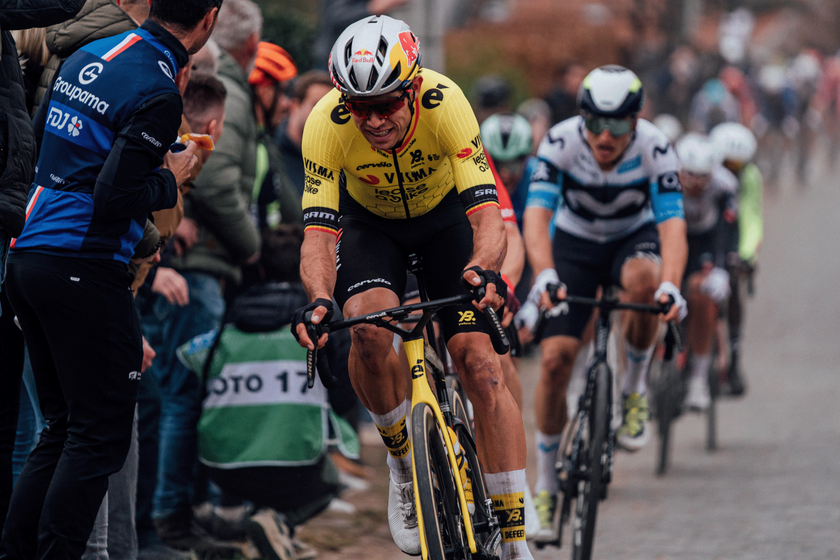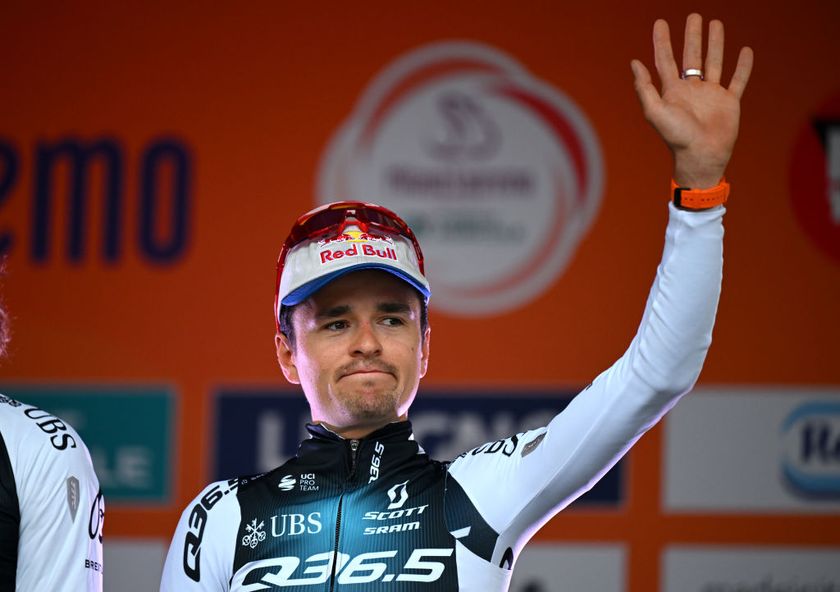Giro d'Italia tests show cycling is cleaner, McQuaid says
UCI president sees "encouraging" signs
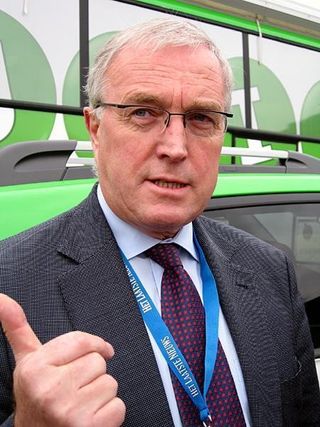
Pat McQuaid, the UCI president, claimed on Thursday that tests taken at the recent Giro d'Italia provide evidence that the sport is cleaner.
McQuaid said that up to 500 samples collected at the Giro have now been analysed. "We've had four to five hundred tests analysed, including 6-8 riders from the top twelve, and their haemoglobin levels are going down from week one to week two, and down again in week three," claimed McQuaid.
"In the past we've seen situations where the level has gone down then back up again, which can be evidence of blood transfusions. But the tests from the Giro look normal and that's very encouraging."
Mechanical doping mistakes
McQuaid was speaking at the first World Congress on Cycling Science in Edinburgh, with anti-doping and so-called "mechanical doping" two of the themes in his keynote address. He dismissed Italian TV's recent report on claims that engines could be fitted in bikes, and claimed that Davide Cassani, the retired professional who featured in the piece that has become a YouTube hit, had "made mistakes."
"We've spoken to him, and he's acknowledged his mistakes," said McQuaid. "He said, for example, that the battery to this device could fit in the seat tube - that's incorrect."
McQuaid did add, though, that the UCI is taking the threat of mechanical doping seriously. Indeed, as McQuaid was speaking, a meeting was being held at the UCI's headquarters in Aigle with the Ecole Polytechnique Federale de Lausann (EPFN), the organisation that advised swimming's world governing body, FINA, on their own equipment controversy, when super-fast swimsuits saw swimmers obliterate existing world records at the Beijing Olympics.
Get The Leadout Newsletter
The latest race content, interviews, features, reviews and expert buying guides, direct to your inbox!
Unconcerned about Landis federal case
In an interview before his address, McQuaid discussed the other major doping controversy, following Floyd Landis's allegations - contained in a leaked email to US Cycling - concerning Lance Armstrong, Johan Bruyneel and former members of the US Postal team. Overnight it had been reported in the US that Doug Miller, a government agent who worked on the Balco doping scandal, has been appointed to work on a federal investigation into Landis's allegations, alongside another veteran of the Balco case, Jeff Novitsky.
Asked if the likelihood of a federal investigation concerned him, McQuaid said: "No it doesn't necessarily concern me. Let's see what they come up with. It's not a UCI affair as such."
But given the revelations of other US federal investigations into drugs in sport - covering baseball, American football and athletics - McQuaid acknowledged that, whatever efforts are now being made to clean up the sport, revelations concerning cycling's past have the potential to cause real damage.
"Yes, naturally we're concerned [about that prospect]," said McQuaid, "because as the sport moves on and progresses, it doesn't help to have bring up and look at the past all the time.
"But while I've stated there's been a doping culture [in the past], I don't have any direct evidence that there was - the UCI doesn't have evidence to show individuals have doped. The only ones we can show have doped are guys who've been sanctioned."
Another issue of controversy arising from Landis's claims is the alleged closeness between the UCI and Armstrong, as symbolised by the seven-time Tour winner's donation of $100,000 to the world governing body, apparently to help anti-doping.
But, asked if he had had any contact with Armstrong prior to Landis's emails being made public, McQuaid replied, "No."
And he added that there had been no contact with anyone else in Armstrong's camp. "No, other than that I met Bruyneel at a race somewhere, and we talked about it," said McQuaid.
The UCI president was vague, however, on whether that conversation happened before or after the emails were made public. "I'm not sure now whether it was before or after. But we've had no contact [since] and no need to be in contact. I mean, why? To my mind what's going on is between Landis and Armstrong, [Greg] LeMond and Armstrong, and Landis/LeMond and Armstrong."
Richard Moore is a freelance journalist and author. His first book, In Search of Robert Millar (HarperSport), won Best Biography at the 2008 British Sports Book Awards. His second book, Heroes, Villains & Velodromes (HarperSport), was long-listed for the 2008 William Hill Sports Book of the Year. He writes on sport, specialising in cycling, and is a regular contributor to Cyclingnews, the Guardian, skyports.com, the Scotsman and Procycling magazine.
He is also a former racing cyclist who represented Scotland at the 1998 Commonwealth Games and Great Britain at the 1998 Tour de Langkawi
His next book, Slaying the Badger: LeMond, Hinault and the Greatest Ever Tour de France, will be published by Yellow Jersey in May 2011.
Another book, Sky’s the Limit: British Cycling’s Quest to Conquer the Tour de France, will also be published by HarperSport in June 2011.
